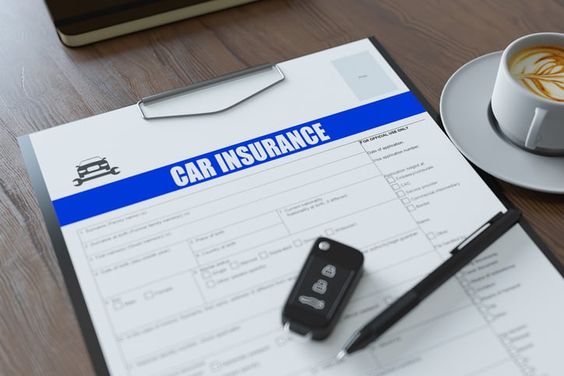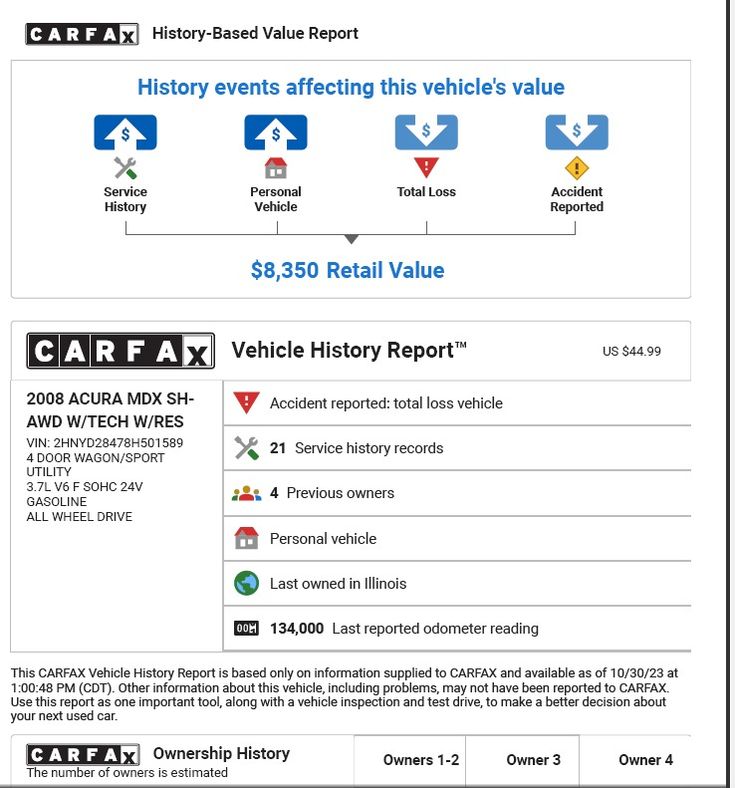Introduction:
Car auctions offer a unique opportunity to purchase vehicles at potentially lower prices than traditional dealerships. Whether you're a seasoned car enthusiast or a first-time buyer, understanding the car auction process is crucial for a successful and satisfying experience. This guide will delve into the intricacies of car auctions, covering everything from types of auctions to bidding strategies and post-auction procedures.

Car auctions are a dynamic and exciting environment where vehicles are sold to the highest bidder. They provide a platform for individuals and businesses to acquire vehicles at competitive prices, often below market value. However, navigating the world of car auctions requires knowledge and preparation. By understanding the different types of auctions, the bidding process, and the potential risks involved, you can make informed decisions and maximize your chances of securing a great deal.
Types of Car Auctions:
There are various types of car auctions, each with its own unique characteristics and target audience. Understanding these differences is essential for determining which type of auction best suits your needs and budget.
- Dealer Auctions: These auctions are primarily for licensed car dealers, offering a wide selection of vehicles, including new, used, and salvage cars.
- Insurance Auctions: These auctions feature vehicles that have been salvaged after accidents or other damage. They often offer significant discounts but require thorough inspection and potential repairs.
- Government Auctions: Government agencies, such as the IRS or state departments, hold auctions for seized or forfeited vehicles. These auctions can offer exceptional deals but may require specific registration procedures.
- Online Auctions: Online platforms allow you to bid on vehicles from the comfort of your home. These auctions offer convenience but may involve additional fees and limited inspection opportunities.
The Bidding Process:
The bidding process at car auctions can be fast-paced and competitive. It's essential to be prepared and understand the rules and procedures.
- Registration: Before participating in an auction, you'll need to register and provide necessary documentation, including proof of identification and financial information.
- Inspection: Thoroughly inspect the vehicle before bidding. Look for any signs of damage, wear and tear, or mechanical issues.
- Bidding: Bidding can be done in person or online, depending on the auction type. Familiarize yourself with the bidding increments and the auctioneer's signals.
- Winning Bid: The highest bidder wins the vehicle. You'll typically be required to pay a deposit and finalize the purchase within a specified timeframe.
Post-Auction Procedures:
Once you've won the bid, there are several post-auction procedures to complete.
- Payment: You'll need to pay the full purchase price, including any applicable fees or taxes.
- Title Transfer: The auction house will facilitate the transfer of the vehicle title to your name.
- Vehicle Pickup: You'll need to arrange for the pickup or transportation of the vehicle from the auction site.
Conclusion:
Participating in car auctions can be a rewarding experience, offering the potential for significant savings. By understanding the different types of auctions, the bidding process, and post-auction procedures, you can navigate the world of car auctions with confidence. Remember to conduct thorough research, inspect vehicles carefully, and set a realistic budget to maximize your chances of securing a great deal.





